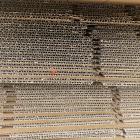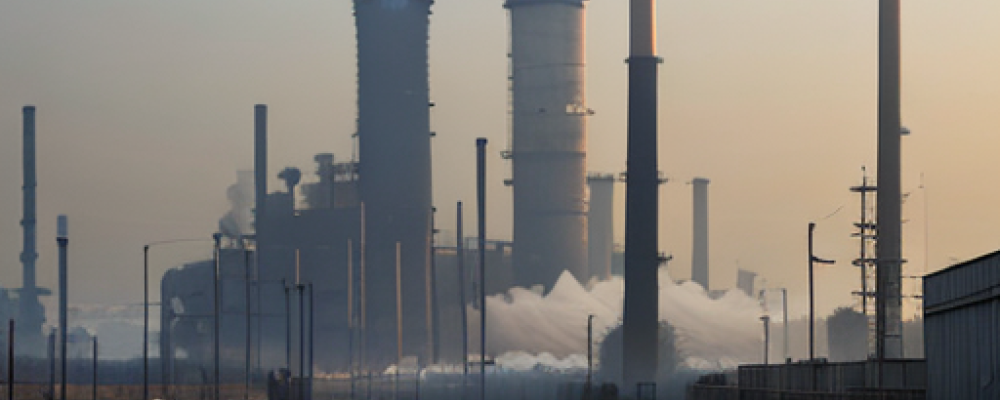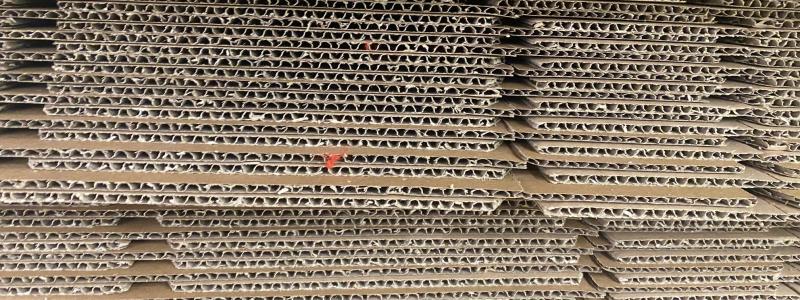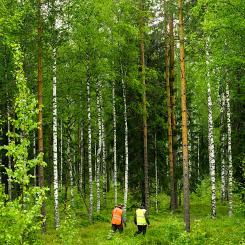The paper industry has always been the subject of many common misconceptions and to dispel some of these, UK’s Confederation of Paper Industries (CPI) is pleased to announce the launch of ‘Paper Myths and Facts: A Balanced View’. The booklet provides a factual and balanced view of the UK Paper Industry whilst promoting paper as a sustainable, renewable choice. Paper is made from a natural, renewable and sustainable resource and boasts the highest recycling rate of any material in the UK, but environmental issues related to paper are still a source of numerous misconceptions. Many of these myths are addressed in the booklet including: • The Paper Industry destroys forests • Paper production damages the environment • We use too much packaging • Modern Technology will replace paper • The Paper Industry is ‘old-fashioned’ The Paper Industry has a good story to tell and some impressive statistics and research support the facts: • Europe’s forests are increasing in size – by an area equivalent to 1.5 million football pitches every year and over 70% of the fibres used to make paper in the UK come from paper collected for recycling. • UK Papermaking has reduced total energy use by 34% per tonne of paper made. • The corrugated sector is vitally important to manufacturing, protecting around 75% of the UK’s packaged goods in transit. • Over 80% of all corrugated packaging is subsequently collected for recycling. • Thanks to investment in lower carbon energy, annual emissions of fossil carbon have been reduced by 1.6m tonnes or 42%. • The Paper Industry works continuously to optimise its processes and is already the biggest single user and producer of bio-energy in Europe. David Workman, CPI Director General said: “Paper is a very versatile material – and uniquely renewable. However, it is surrounded by myths which this booklet is designed to explore. Hopefully those that read it will be better informed about a material which not only has a proud and lengthy pedigree but is one of those materials which will play an important part in society for many years to come”.
UPM will discontinue label materials production in Nancy, France. The Nancy site will continue as...
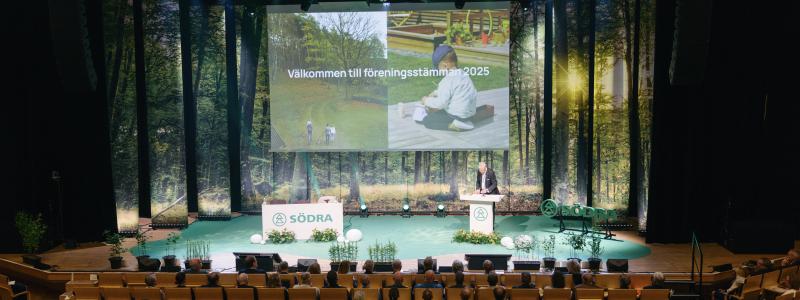
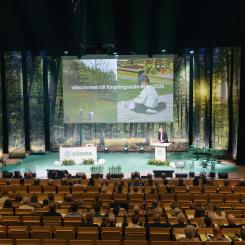
A new report from Svensk Kooperation shows that cooperative enterprises in Sweden have increased their...


Rengo Co., Ltd. announces that its consolidated subsidiary Tri-Wall Limited and Tri-Wall's subsidiary TRICOR Packaging...


Valmet introduces the renewed Valmet IQ Web Monitoring System (WMS), designed to elevate quality and...
The change negotiations held at Metsä Fibre’s Lappeenranta, Rauma, Renko and Vilppula sawmills on possible...
The EU bioeconomy already contributes significantly to job creation and economic growth in Europe. It...
Smurfit Westrock has been honored with the 2025 Portafolio Award for Corporate Social Responsibility for...
Kemira appointed Tuomas Mäkipeska Chief Financial Officer and a member of the Group Leadership Team...
Job listings

















